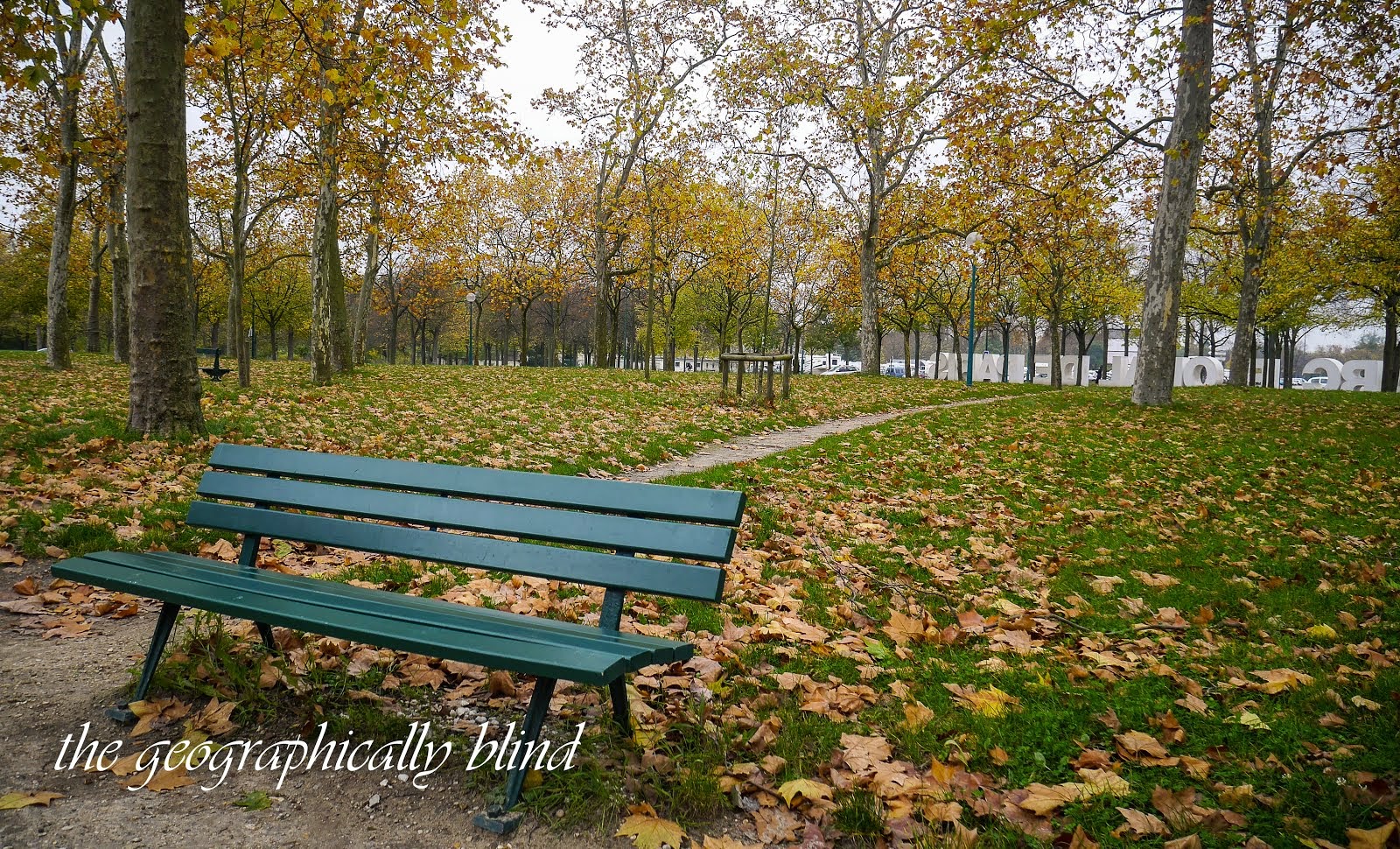He said that the top reason that people commit suicide is because of depression. And that in terms of religion, the Muslims have the lowest suicide rate as oppose to Buddhists, being at the top of the chart.
People who actually have the courage to commit suicide must have somehow (either consciously or unconsciously) believed in God, and therefore the afterlife. I don't think anyone would (or could) kill themselves knowing there will be nothingness after death.
I couldn't help noticing that the Buddhists believe in karma - the relationship between cause and effect - and reincarnation. Whereas from Christianity and Islamic point of view, suicide is considered one of the greatest or serious sin.
I believe everyone is depressed (or mentally-ill) in their own way. But to gather enough courage to take your own life, that would take more than that. This somehow reminded me of a book I once read quite some time ago. (I was very young then and couldn't quite grasp the essence of it. I always think re-reading old books would give an entirely new experience.) There was an excerpt from the book that I really liked, extracted as below:
A powerful wizard, who wanted to destroy an
entire kingdom, placed a magic potion in the well from which all the
inhabitants drank. Whoever drank that water would go mad. The following
morning, the whole population drank from the well and they all went mad,
apart from the king and his family, who had a well set aside for them
alone, and which the magician had not managed to poison. The king was
worried and tried to control the population by issuing a series of
edicts governing security and public health. The policemen and the
inspectors, however, had also drunk the poisoned water and they thought
the king's decisions were absurd and resolved to take no notice of them.
When the inhabitants of the kingdom heard these decrees, they became
convinced that the king had gone mad and was now giving nonsensical
orders. They marched on the castle and called for his abdication. In
despair, the king prepared to step down from the throne but the queen
stopped him, saying: "Let us go and drink from the communal well. Then,
we will be the same as them." And that was what they did: the king and
the queen drank the water of madness and immediately began talking
nonsense. Their subjects repented at once; now that the king was
displaying such wisdom, why not allow him to continue ruling the
country? The country continued to live in peace, although its
inhabitants behaved very differently from those of its neighbors. And
the king was able to govern until the end of his days.
P.S. There was free lunch after the talk. I wonder how many people attended for the lunch and how many for the understanding on suicidal thoughts.

